Knee sleeves are not braces. They don’t lock the joint or “fix” injuries. What they do is provide warmth, light compression, and proprioceptive feedback (better joint awareness). Those three effects can make training feel more stable, help limit fluid build-up (effusion) after hard sessions, and offer short-term comfort for some knee pain profiles—especially in colder gyms or during high-volume blocks. (According to a 2021 clinical review of hip/knee bracing.)
Think of sleeves as a comfort & confidence aid that supports consistent training—not a medical brace or a performance “cheat code.” Reviews of compression gear find effects on strength, power, or endurance are generally small to negligible on average.

Read more: How to Use Wrist Wraps
How sleeves help—exactly
1) Warmth + light compression
Neoprene or double-ply fabric keeps the joint warm and adds gentle compression, which may help reduce joint effusion and make movement feel smoother during and after sessions. (According to the 2021 bracing review.)
2) Proprioception (joint awareness)
Under fatigue, proprioception drops; sleeves can partly counter that. In controlled experiments, neoprene knee sleeves improved joint position sense, particularly in fatigued conditions—one reason many lifters report a calmer, more “centered” knee path under volume. (According to Van Tiggelen and colleagues.)
3) Task-level comfort in some knee pain profiles
Elastic sleeves have shown immediate improvements in pain and function in people with knee osteoarthritis during simple tasks or walking—an adjunct, not a cure. A gait study also found an elastic sleeve reduced knee adduction angles/moments during walking, which can correlate with discomfort for some. (According to Bryk et al., and Schween et al.)
Read more: How to Wear Wrist Wraps

What sleeves don’t do (set expectations)
-
They aren’t structural braces. If you need true stabilization (e.g., post-injury), that’s a hinged or functional brace chosen with a clinician. Sleeves offer compression and awareness, not mechanical constraint. (According to Cleveland Clinic and the 2021 bracing review.)
-
They aren’t medical treatment. Red-flags like locking/giving-way, big swelling, inability to bear weight, or fever/heat/redness require medical assessment. (According to AAOS OrthoInfo and the NHS.)
High-quality cheat sheet (what sleeves actually deliver)
|
Goal |
What knee sleeves do |
Evidence (According to…) |
What you should expect in training |
|
Warmth / fluid control |
Light compression can help limit effusion and keep the joint feeling “less puffy.” |
2021 hip & knee bracing review. |
Smoother reps, easier to “grease the groove,” especially in cold gyms. |
|
Proprioception |
Improve joint position sense when fatigued, aiding a steadier knee track. |
Van Tiggelen et al. controlled studies. |
Subtle but valuable “awareness” cue during volume blocks. |
|
Task comfort (OA/walking) |
Immediate pain/function improvements while wearing an elastic sleeve; reduced adduction loads in gait. |
Bryk et al. (KOA); Schween et al. (gait). |
Short-term comfort; still do your strength & mobility work. |
|
Sport performance |
Compression garments show small to negligible effects on strength/power/endurance. |
Meta-analyses & updates. |
Don’t expect PRs because of sleeves; use them to train more consistently. |
Who benefits most?
-
Lifters on high-volume or intensity ramps: warmth + proprioception helps you keep positions repeatable.
-
Masters athletes or anyone training in colder gyms: sleeves take the edge off stiffness at session start.
-
Field and court athletes returning to training: sleeves can support confidence during non-contact drills.
-
Some desk-bound athletes with day-to-day achiness: sleeves may offer short, task-level relief—while you address load management and strength.
If pain is severe, the knee locks or gives way, or swelling and heat/redness escalate, stop and get assessed. (According to AAOS and NHS guidance.)
Read more: How do Smelling Salts Work
Sleeve vs. brace vs. wraps (choose the right tool)
-
Knee Sleeve: warmth + light compression + awareness; everyday training and volume work.
-
Functional/Hinged Brace: structural support after ligament injury or instability; clinician-directed.
-
Knee Wraps (powerlifting): mechanical stiffness/rebound for 1RM attempts—not ideal for general volume.
Read more: How Sauna Pants Help You Lose Weight
Fit & thickness (how to pick)
-
7 mm neoprene is the classic strength-training thickness: warm, supportive feel when squatting and lunging.
-
Double-ply fabric has a dense, “springy” compression feel—many lifters prefer it on high-volume leg days.
-
Sizing: measure around the knee at mid-patella; you want snug, not numb. A sleeve that cuts circulation or rolls is too small or the wrong pattern.
Read more: Why do People Wear Gym Gloves
Fitness Fox picks (built for real training)
-
Fitness Fox 7 Mm Pro Knee Sleeves — premium 7 mm neoprene, anatomical patterning, secure interior grip, 6-month warranty. A reliable “every session” sleeve.
-
Fitness Fox Double Ply Knee Sleeves Burgundy — dense rebound feel and sturdy stitching; great for cold gyms and longer sessions.
-
Fitness Fox Double Ply Knee Sleeves Black/Gold — bold look, same double-ply compression; popular with volume squatters.
-
Fitness Fox 7mm Knee Sleeves Navy — classic 7 mm all-rounder with reinforced seams and an easy break-in.
Shopping tip: choose the 7 mm options if you prioritize warmth and a supportive feel on squats; go Double Ply if you like a springier “hug” through longer sets. Both styles carry our 6-month warranty and inclusive sizing.

Read more: Do Sauna Jackets Really Work? (Fitness Fox Guide)
How to wear sleeves (mini how-to)
-
Warm up first. Hip/hamstring openers and a light cycle/row help.
-
Slide from ankle up. Turn the sleeve halfway inside-out, hook over the calf, and roll up so the logo/seam centers at the front.
-
No bunching. Smooth fabric behind the knee; a fold will pinch and distract.
-
Work-set strategy. Many lifters wear sleeves for working sets, then peel them down between sets if they run hot.
-
Program, not placebo. Sleeves enhance a good plan; they don’t replace progressive overload, technique work, sleep, and protein.
Read more: How to Clean Gym Gloves: Odor-Free in 10 Minutes | Fitness Fox
Care & longevity (30-second routine)
-
Inside-out, hand-wash cold with a small amount of mild detergent; air-dry flat.
-
Avoid dryer/heat—it breaks down neoprene and glues.
-
Let sleeves fully dry between sessions; a mesh bag in your gym tote helps airflow.
Can sleeves reduce injury risk?
There’s no guarantee. What sleeves can realistically offer is confidence, warmth, and steadier mechanics under fatigue via proprioceptive cues. That’s helpful for consistency, but your best risk reduction still comes from smart load progressions, strength balance, technique, and recovery. (According to compression and bracing literature summaries.)
A quick word on evidence quality
Most sleeve research is short-term and condition-specific. We have solid signals for proprioception and task-level comfort, and a well-argued rationale for effusion control via compression—yet sport performance changes are modest on average. That’s exactly how to use sleeves: as a supportive adjunct to an already solid training plan. (According to the 2021 bracing review and compression meta-analyses.)
High-impact comparison table (use this near the top)
|
Use-case |
Best tool |
What you feel |
Why it works |
Evidence/Notes |
|
Everyday training (squats, lunges, WODs) |
Knee Sleeve (7 mm or Double Ply) |
Warmth, light compression, steadier knee path |
Proprioceptive cueing + effusion control |
Bracing review; proprioception studies. |
|
Post-injury instability |
Hinged/functional brace (clinician-directed) |
Mechanical restraint, guided motion |
External support structures |
Cleveland Clinic overview. |
|
Max attempts (powerlifting) |
Knee Wraps |
Stiffness + rebound |
Mechanical elastic energy |
Performance benefit is equipment-driven, not sleeve-like |
|
Walking/ADL comfort with KOA |
Elastic Sleeve |
Short-term pain/function relief |
Altered loading + warmth |
Bryk 2011; Schween 2015. |
|
Chasing PRs broadly |
Training plan (sleeves optional) |
PRs from programming, not fabric |
Compression effects on performance are small |
Meta-analyses & updates. |
FAQs (quick, honest answers)
Do knee sleeves help you lift more?
-
They can help you lift more often and more comfortably—not necessarily produce instant PRs. Compression-garment research shows small/uncertain performance effects overall, but sleeves can keep your mechanics consistent through volume.
Are knee sleeves good for knee osteoarthritis?
-
As an adjunct, yes: some studies show immediate task-level pain/function improvements while wearing an elastic sleeve. Keep doing strength, mobility, and weight-management strategies. (According to Bryk et al. and AAOS OA guidance.)
When should I see a clinician instead?
-
If your knee locks or gives way, you can’t bear weight, swelling is sudden/large, or there’s fever, heat, and redness, seek care. (According to AAOS and NHS.)
Sleeves or wraps for squats?
-
Sleeves for daily work (comfort and awareness). Wraps only for 1RM or meet peaking when you want maximum stiffness/rebound.
Read more: How to Wrist Wrap for Boxing: A Step-by-Step Guide by Fitness Fox
Build your kit (Fitness Fox recommendations)
-
Fitness Fox 7 Mm Pro Knee Sleeves — for classic weight-room support with premium neoprene and an anatomical cut.
-
Fitness Fox Double Ply Knee Sleeves Burgundy — dense compression feel and durable stitching; excellent for high-volume days.
-
Fitness Fox Double Ply Knee Sleeves Black/Gold — same double-ply engine with a bold look.
-
Fitness Fox 7mm Knee Sleeves Navy — versatile training sleeve; easy on/off and reliable warmth.
All backed by our 6-month warranty, inclusive sizing (typically XS–4XL), and fast NZ shipping. Add a pair to your leg-day lineup and feel the difference when volume climbs.
Knee sleeves aren’t magic—but they’re remarkably useful for what matters most: comfort, confidence, and consistency. Use them to warm the joint, steady your positions, and keep volume rolling. Pair sleeves with smart programming and technique, and save wraps or braces for their specific roles. When you’re ready, choose a pair from the Fitness Fox lineup that matches your style and training load—and lift with that calm, dialed-in knee path you can repeat rep after rep.




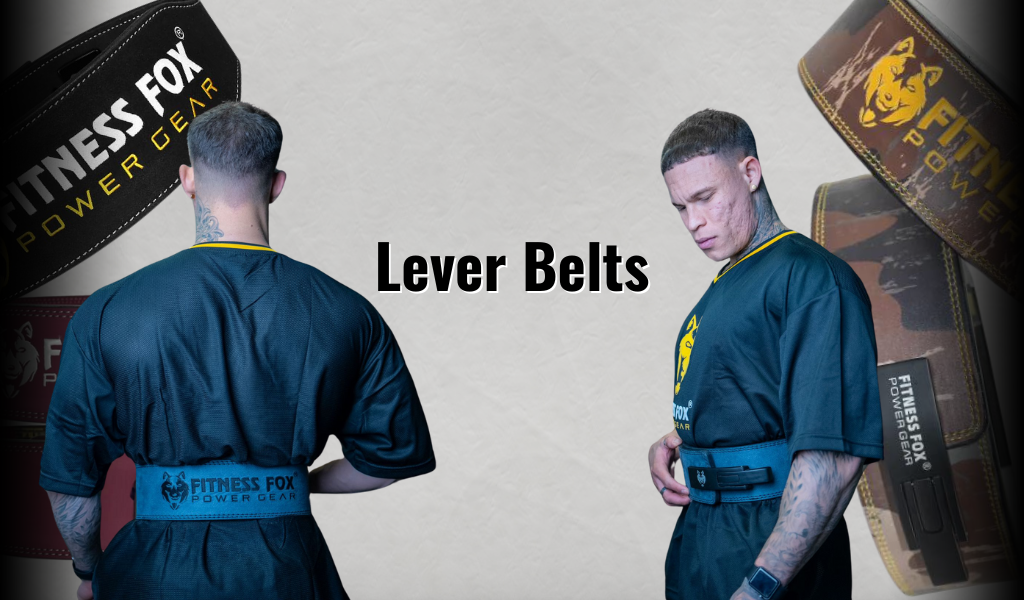
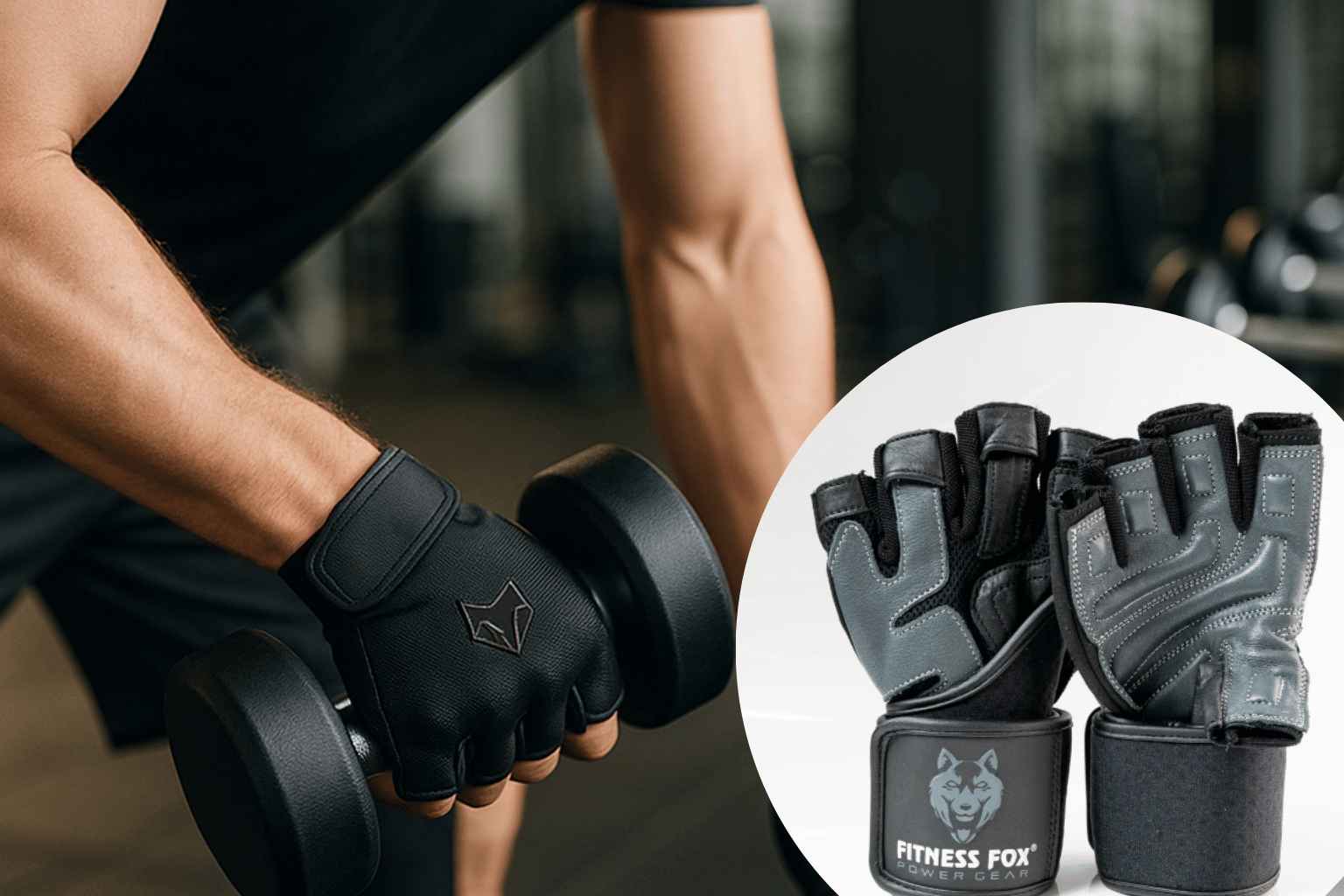
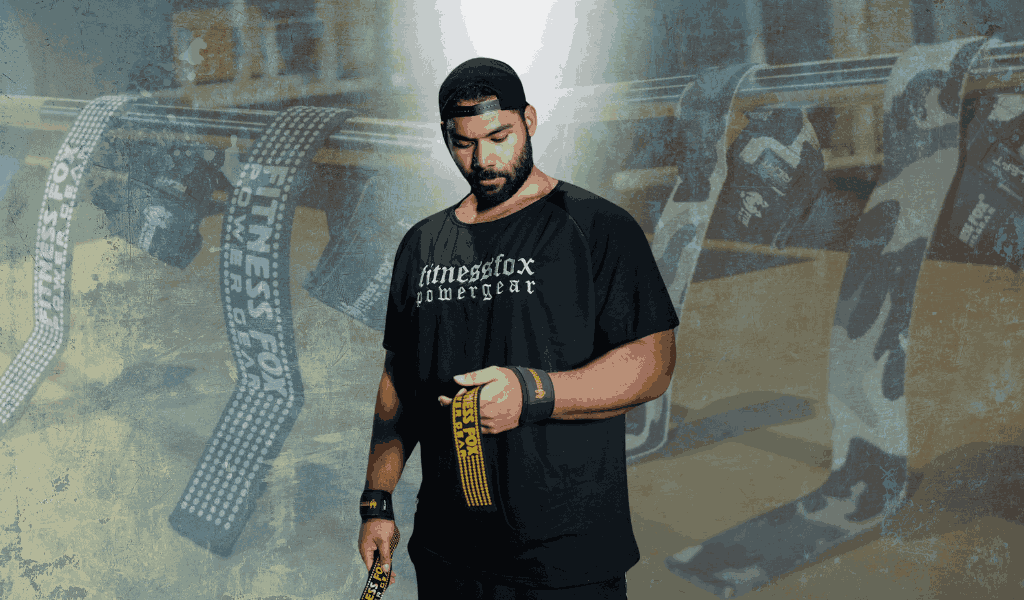
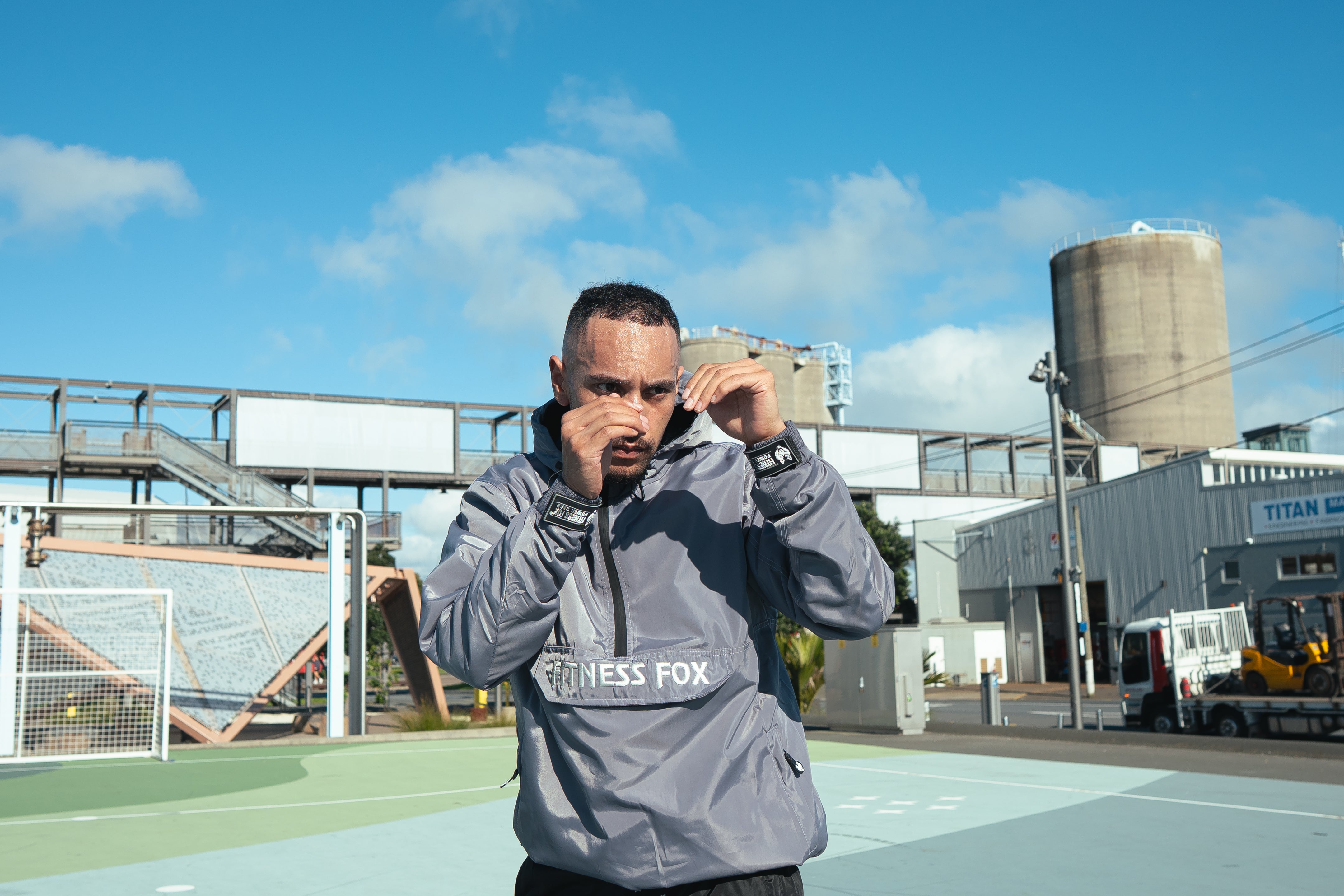
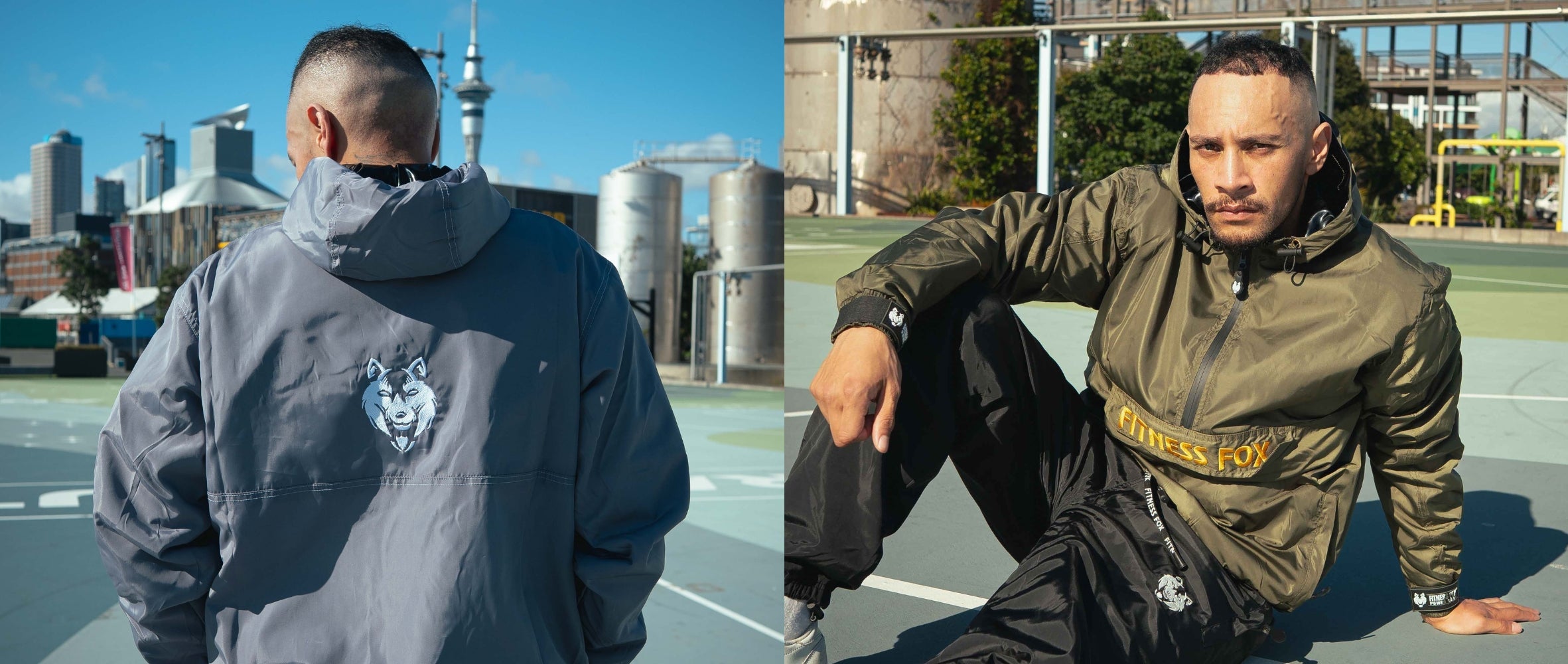
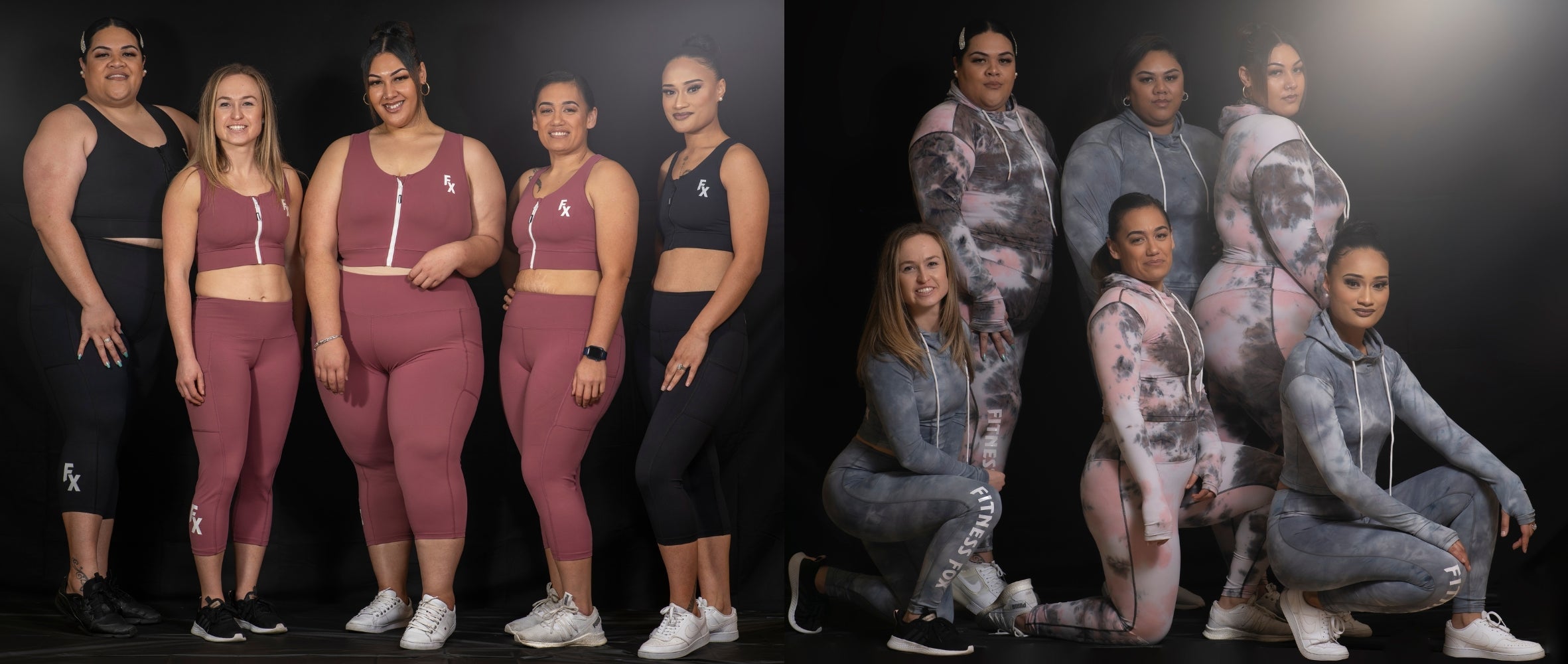


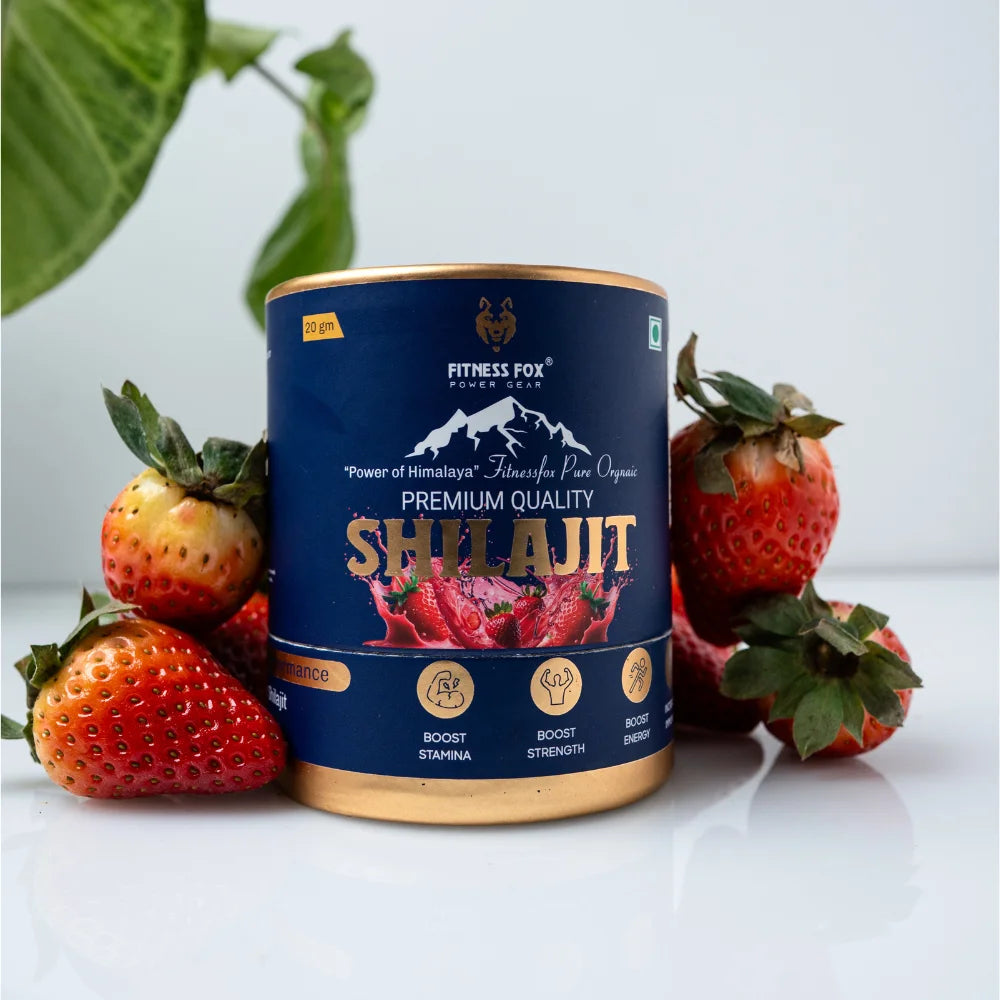
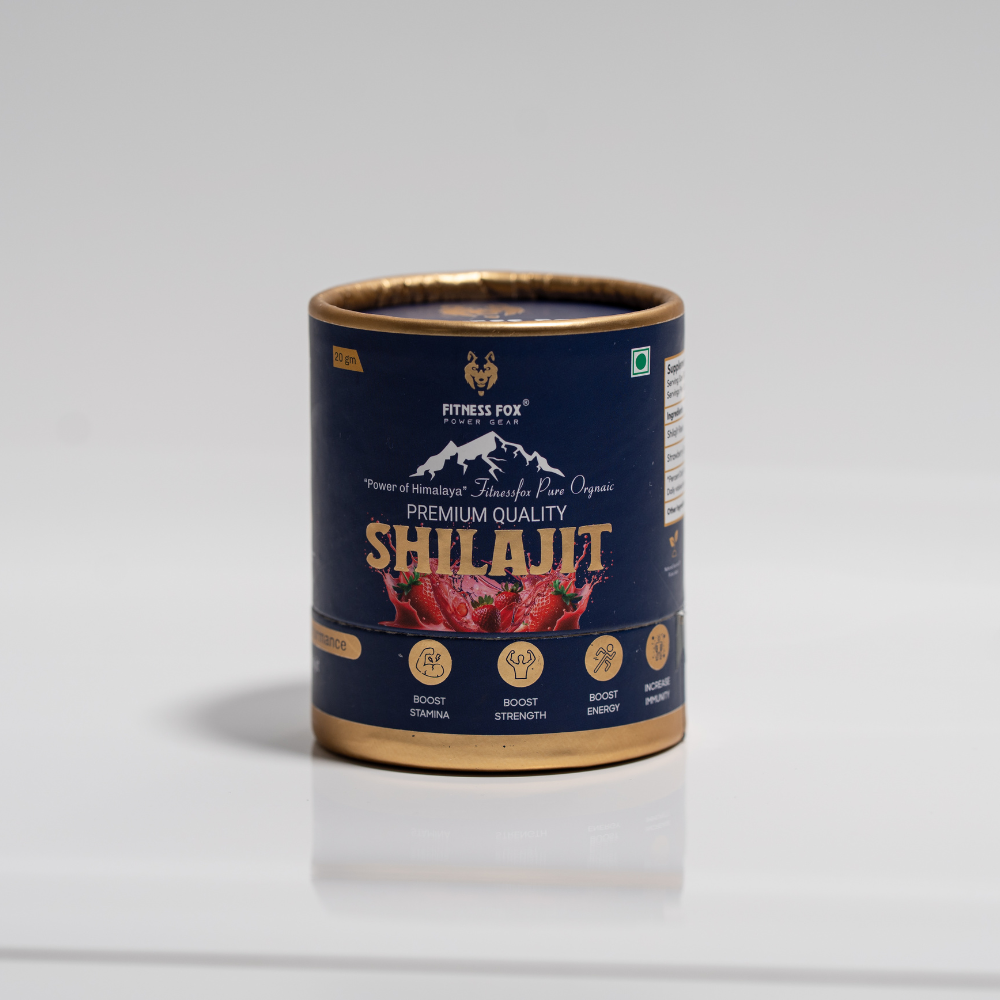
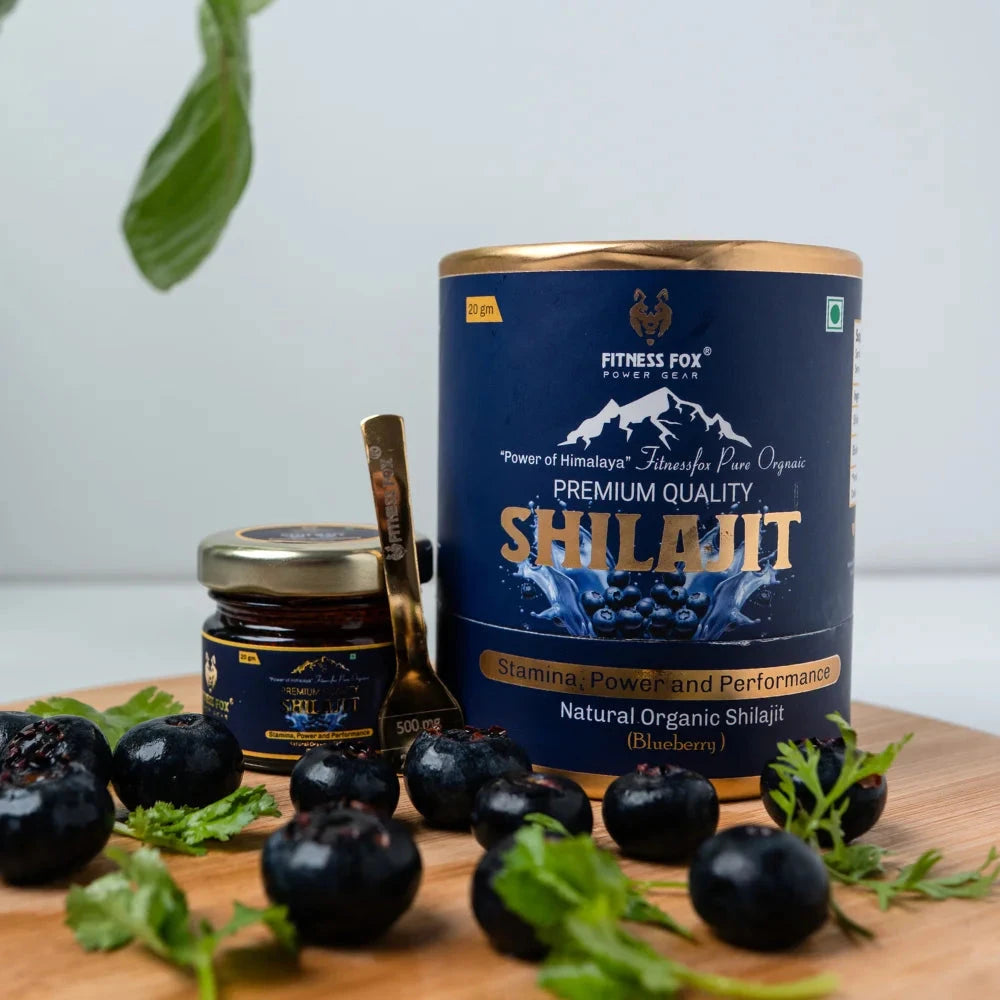
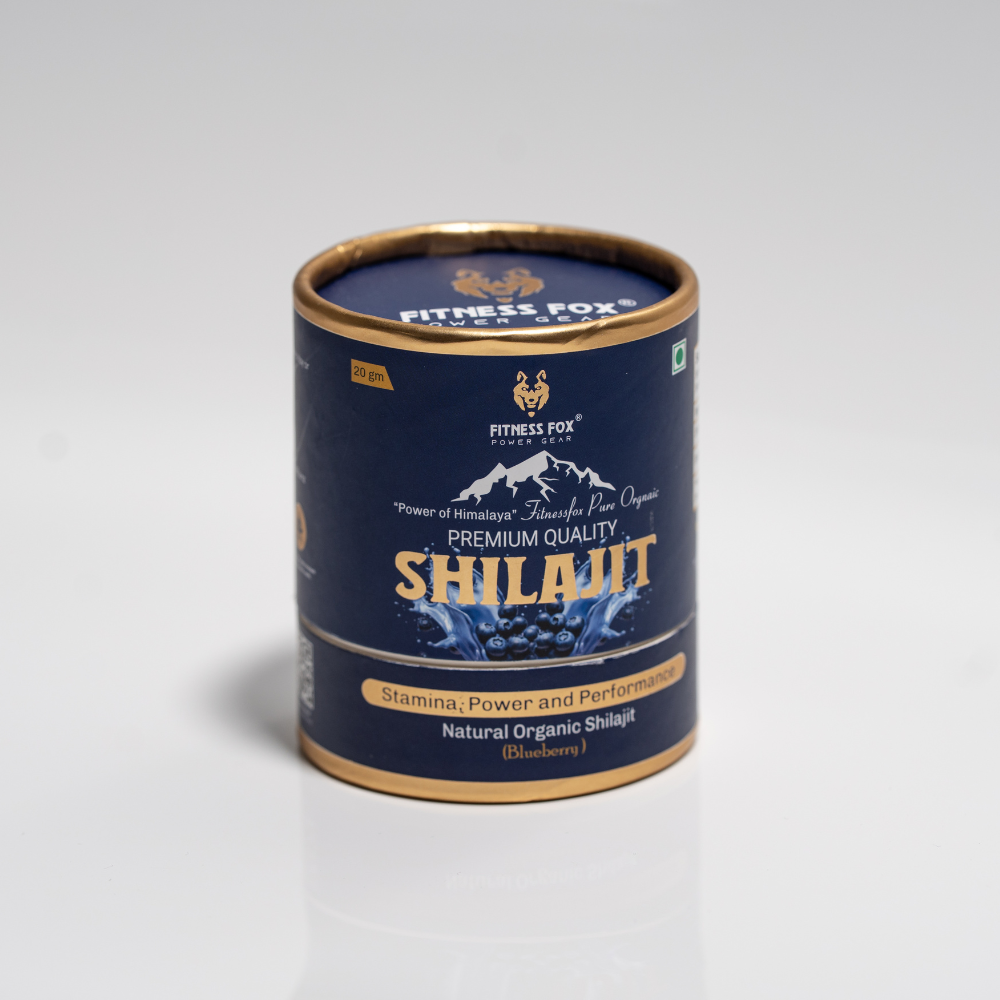
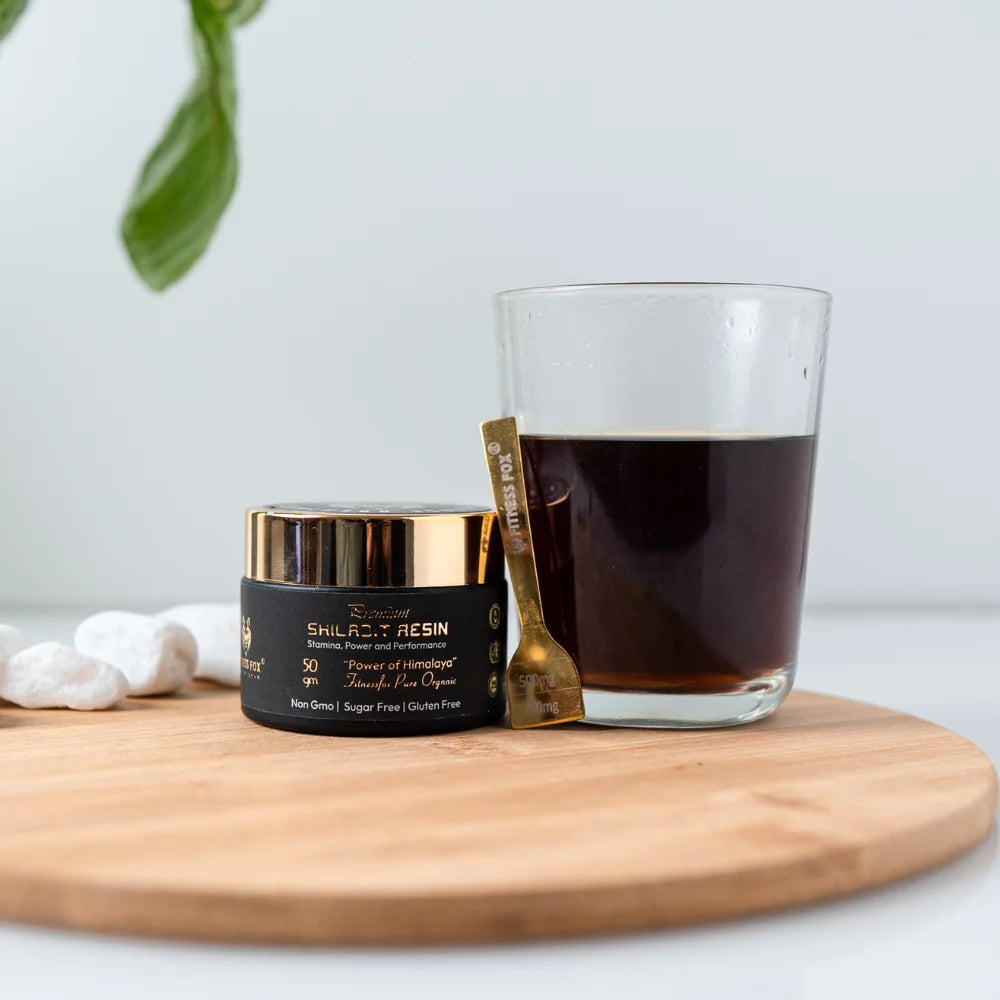
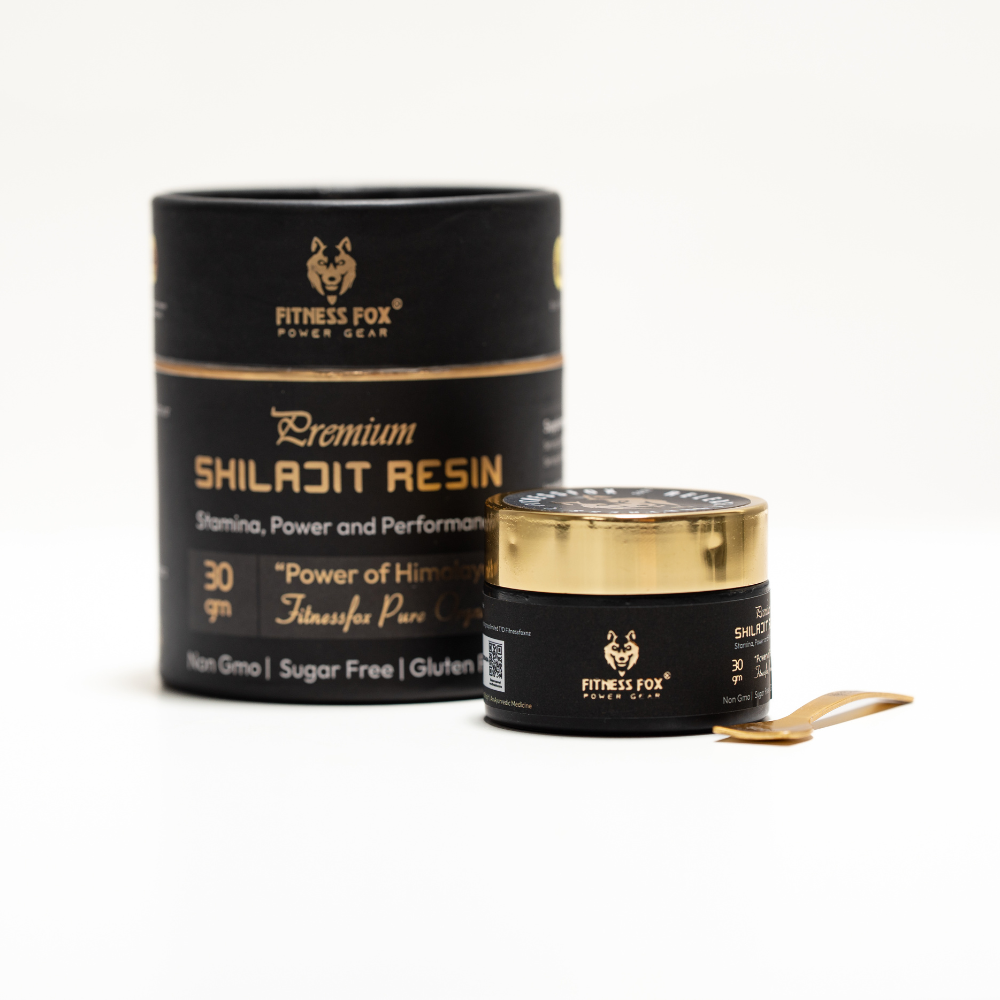



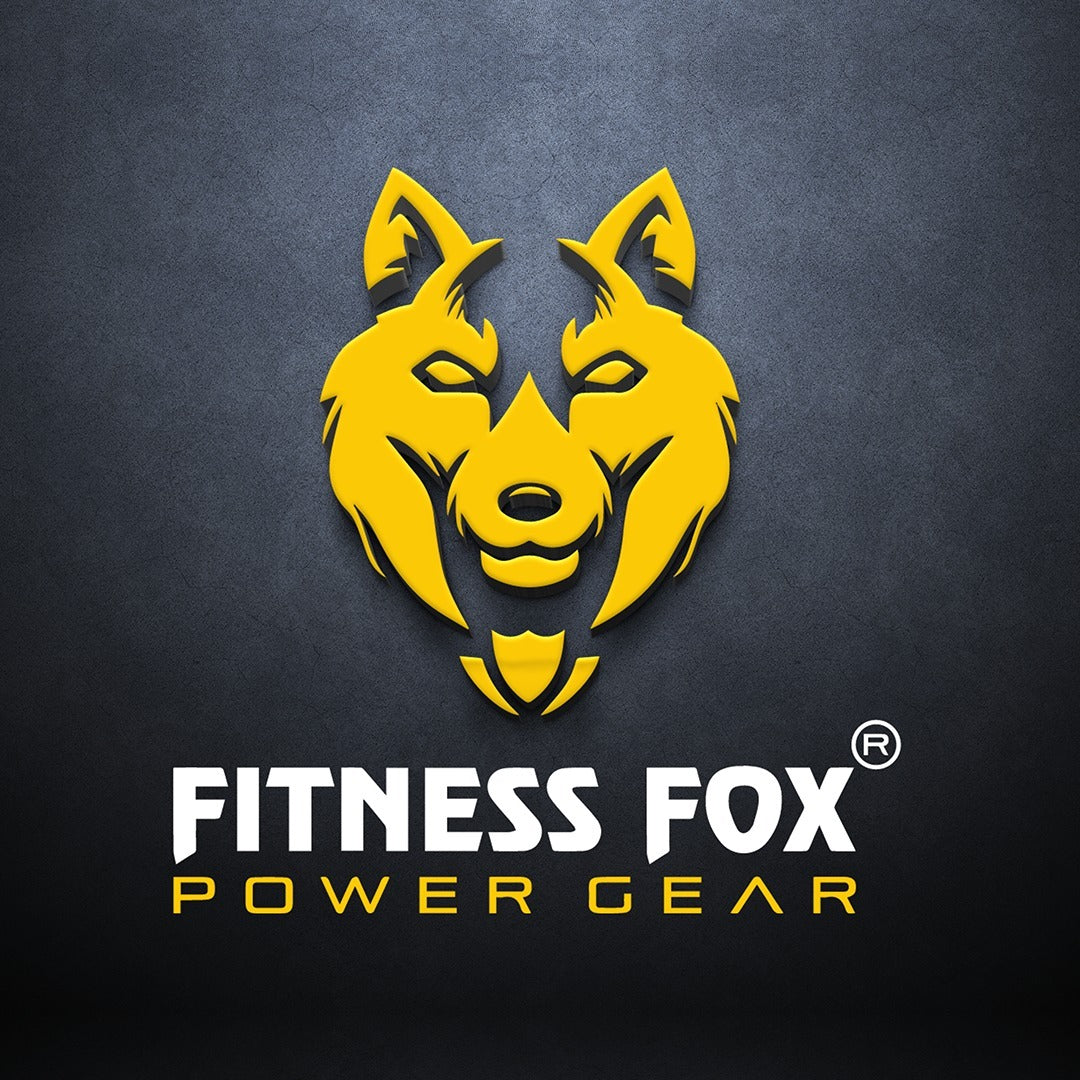
Leave a comment